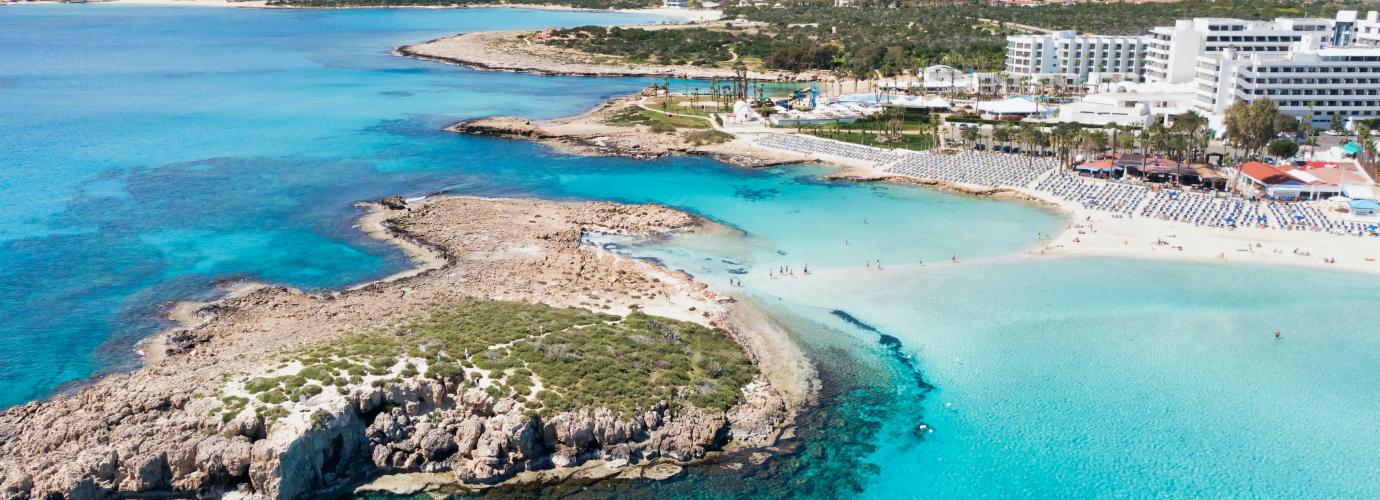Cyprus has a tradition of internationalisation since its Independence, in 1960. Following Independence, Cyprus maintained close co-operation with international organisations, like UNESCO, the United Nations Development Programme (UNDP) and the International Labour Organisation (ILO). Most of the public non-university level institutions of higher education were established as joint projects between the Cyprus government and these international organisations.
Of much great importance for the island’s education system was the accession of Cyprus to the European Union, in 2004, which brought in focus the European and international dimension in education. Cyprus has not enacted any special legislative regulations regarding the introduction of the European and international dimension in education. However, both before and after accession the European dimension became a major strand of the government’s educational policy with important developments in this area, such as the adoption of the Eurydice project, in 1980; joining the Socrates Programme, in 1997, and its substitute, the Lifelong Learning Programme 2007-2013; and, the signing of the Bologna Process, in 2001.
By signing the Bologna Process, Cyprus has signaled its support of the main objectives of the initiative, namely the increase in mobility and employability of European higher education graduates.
By signing the Lifelong Learning Programme (LLP) 2007-2013, Cyprus has secured participation in the Comenius, Erasmus, Leonardo da Vinci and Grundtvig sub-programmes, as well as other related Actions. The aim of the LLP 2007-2013 is to give learning opportunities from childhood to old age and support projects and activities that foster interchange, cooperation and mobility between education and training systems within the EU. In order to enhance the management of the LLP 2007-2013, Cyprus set up an independent National Agency (Ίδρυμα Διαχείρισης Ευρωπαϊκών Προγραμμάτων Δια Βίου Μάθησης - ΙΔΕΠ) in 2007.
The government also set up the European Office of Cyprus (EOC) in May 2007. Its aim is to inform its members of developments and policies at the level of the European Union, as well as to support them to absorb funds from European grants. The European Office of Cyprus currently has nineteen member organisations and operates with two support centres, one in Nicosia and one in Brussels. On a daily basis, targeted information is promoted to members according to their areas of interest.
The European and international dimension in education has been further enhanced by the adoption of new legislation which permits public universities to offer, under certain preconditions, programmes in a foreign language as well as trans-university programmes of studies in a foreign language, such as the Erasmus Mundus Masters Courses or similar European programmes.
A number of bilateral or multilateral activities undertaken, either at school or the higher education level, involve real or virtual mobility. Real mobility programmes mainly take place at the higher education level.

